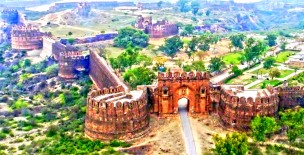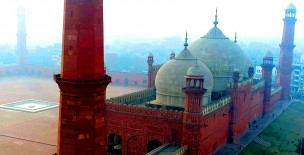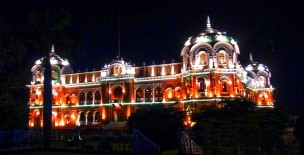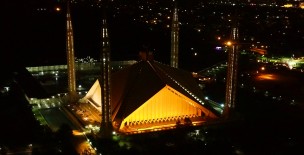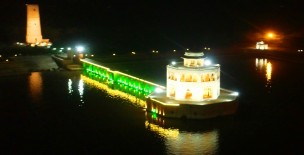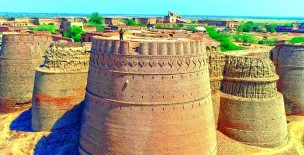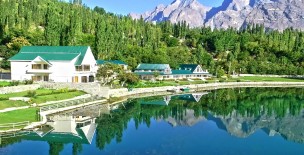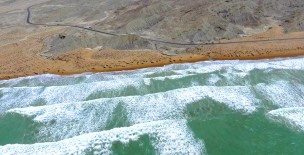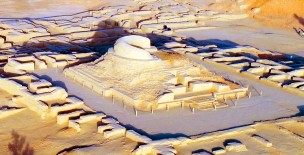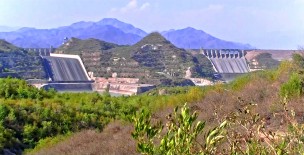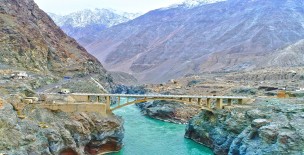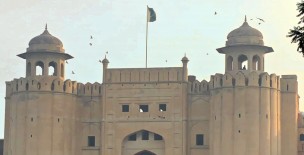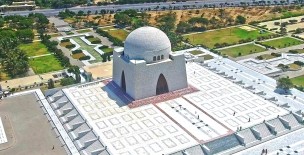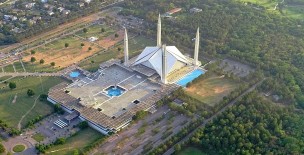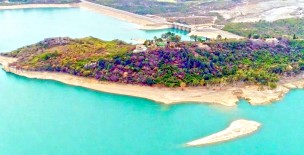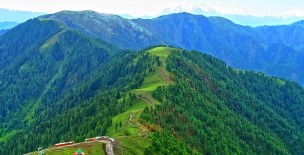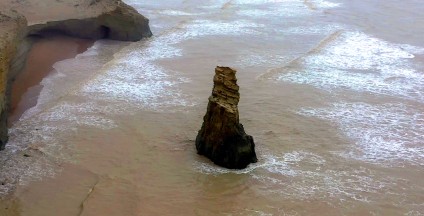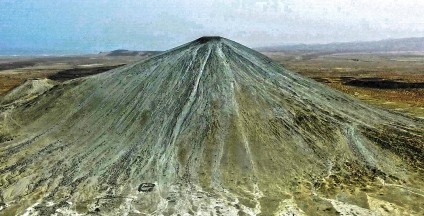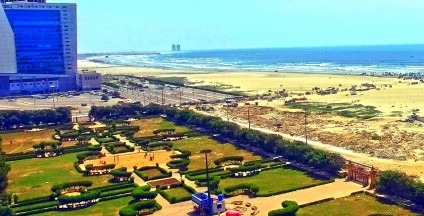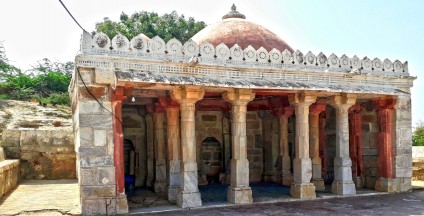Multan is a Pakistani city and the headquarters of Multan District in the province of Punjab. Located on the banks of the Chenab River, Multan is Pakistan's 5th most populous city, and is the premier cultural and economic centre of southern Punjab.
Multan's history stretches deep into antiquity. The ancient city was site of the renowned Multan Sun Temple, and was besieged by Alexander the Great during the Mallian Campaign.
Multan was one of the most important trading centres of medieval Islamic India, and attracted a multitude of Sufi mystics in the 11th and 12th centuries, earning the city the nickname City of Saints.
The city, along with the nearby city of Uch, is renowned for its large collection of Sufi shrines dating from that era.
This includes Mausoleum of Baha-ud-Din Zakaria, Tomb of Shah Rukn-e-Alam, Shamsuddin Sabzwari Multani, Mausoleum of Shah Gardez, Mausoleum of Musa Pak Shaheed, Mausoleum of Hafiz Muhammad Jamal Multani, and Other mausoleums and tombs.
The Multan region has been continuously inhabited for at least 5,000 years. The region is home to numerous archaeological sites dating to the era of the Early Harappan period of the Indus Valley Civilisation, dating from 3300 BCE until 2800 BCE.
According to Hindu mythology, Multan was founded by the Hindu sage Kashyapa. According to the Persian historian Firishta, the city was founded by a great grandson of Noah.
Hindu mythology also asserts Multan as the capital of the Trigarta Kingdom ruled by the Katoch dynasty at the time of the Kurukshetra War that is central the Hindu epic poem, the Mahabharata.
Ancient Multan was the centre of a solar-worshipping cult that was based at the ancient Multan Sun Temple. While the cult was dedicated to the Hindu Sun God Surya, the cult was influenced by Persian Zoroastrianism.
The Sun Temple was mentioned by Greek Admiral Skylax, who passed through the area in 515 BCE. The temple is also mentioned in the 400s BCE by the Greek historian, Herodotus.

